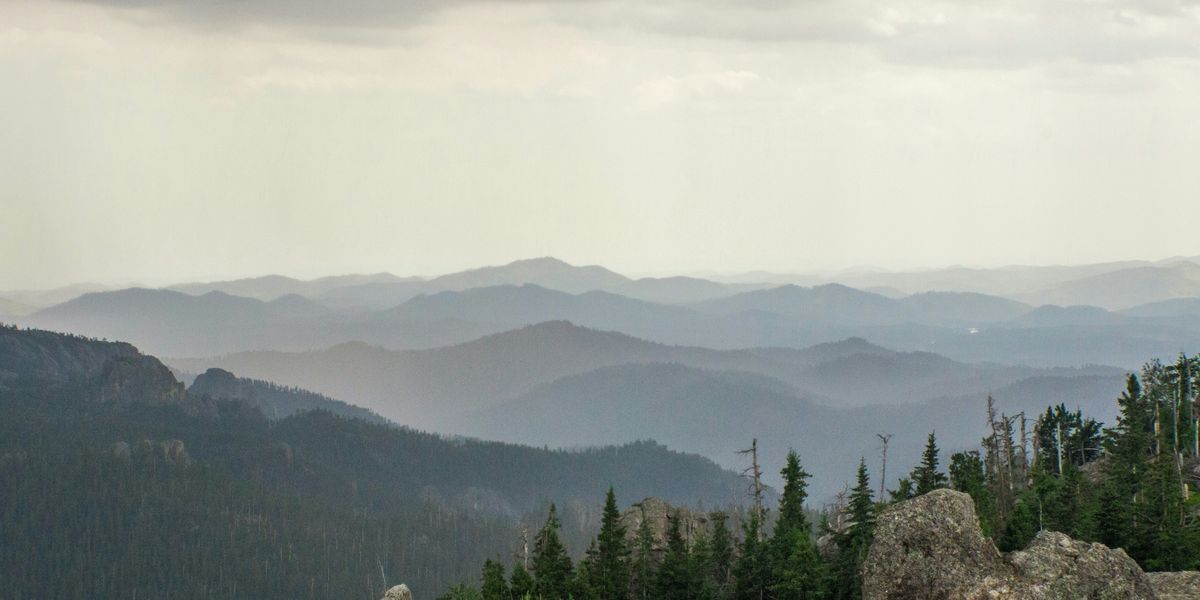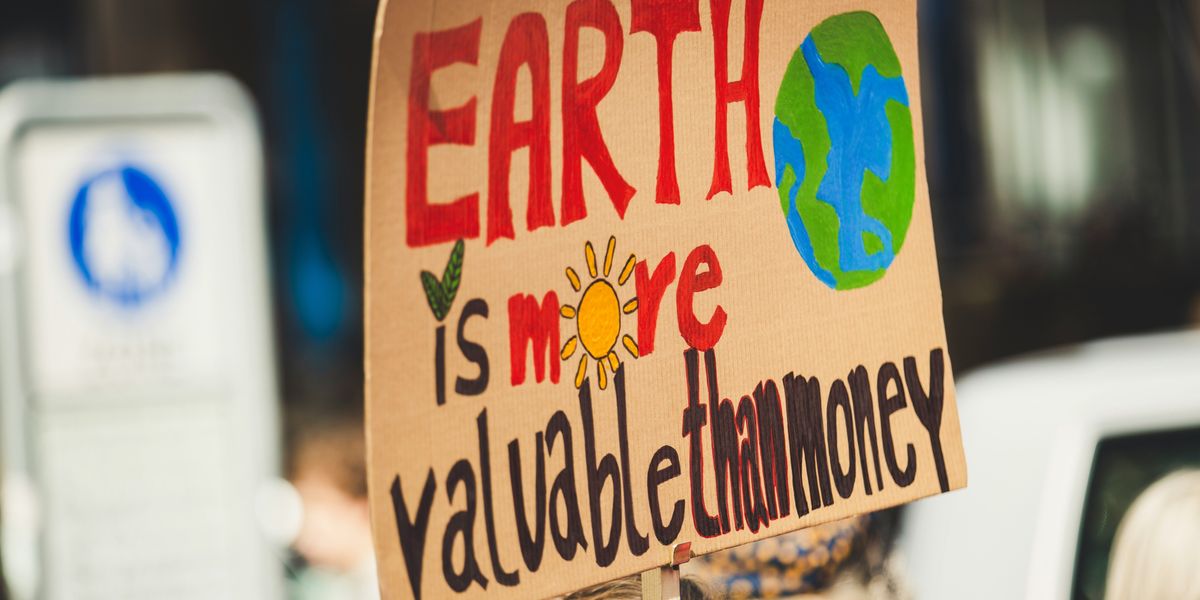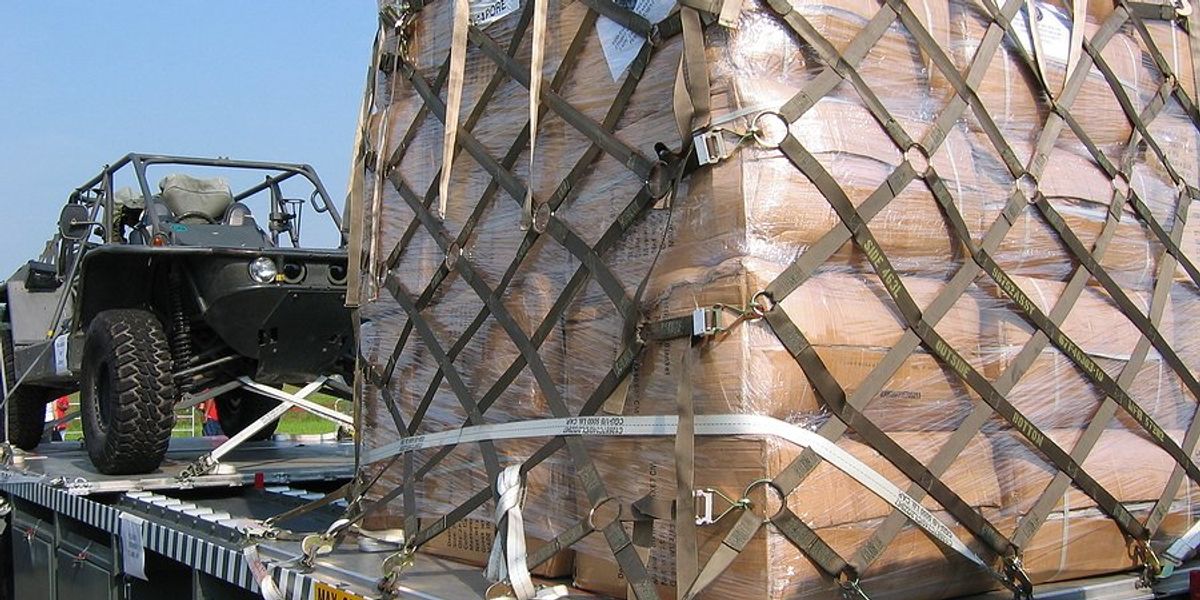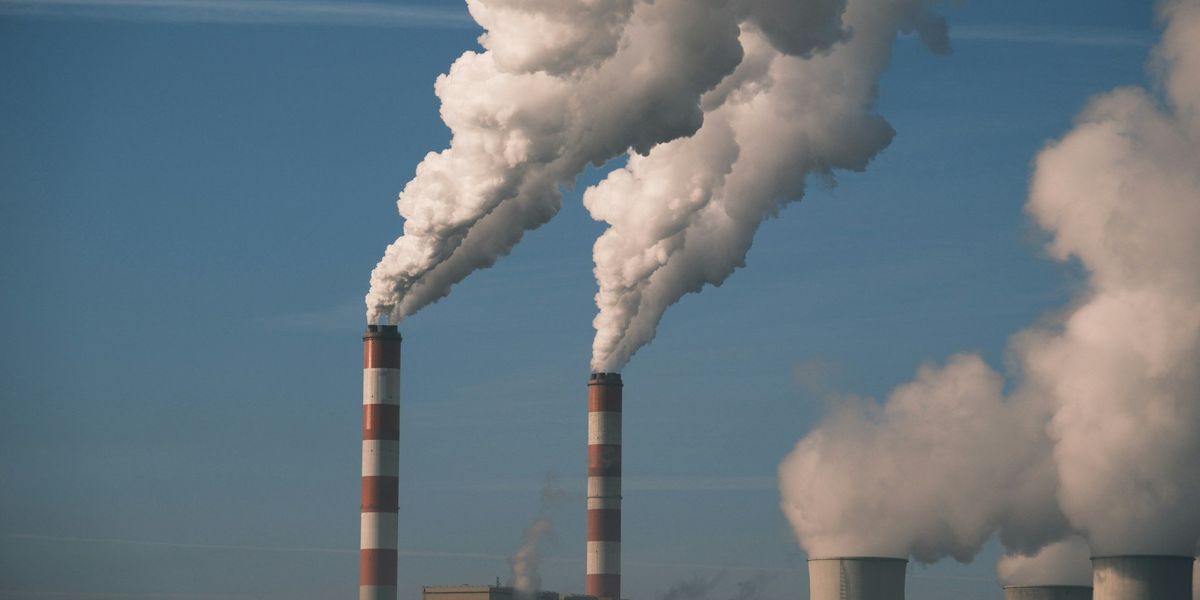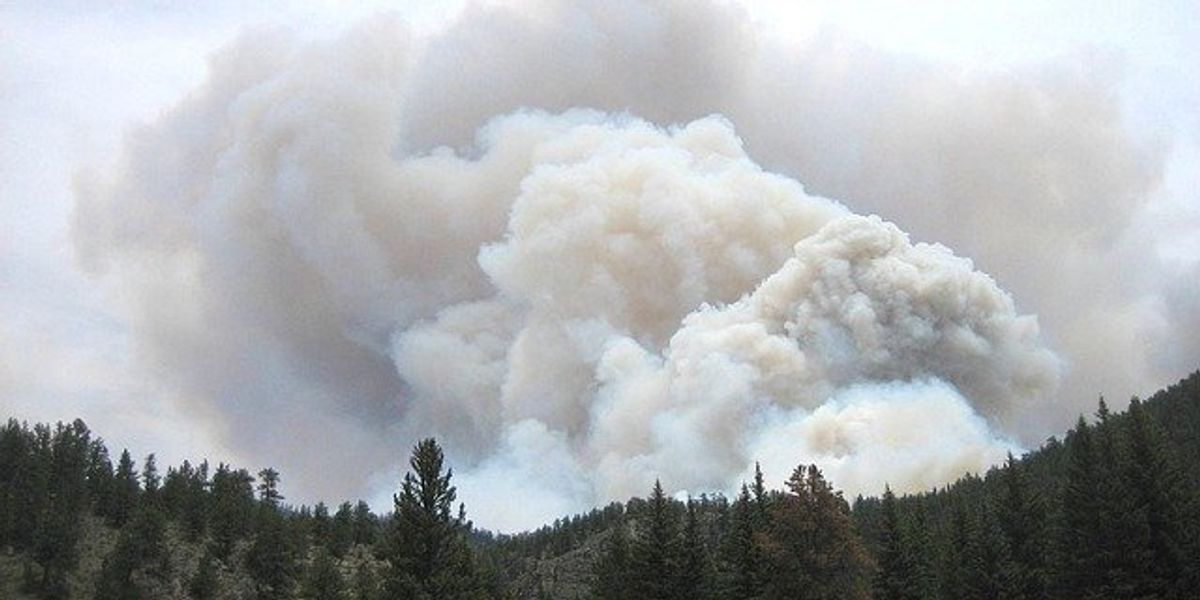citizen science
The world may be losing its tiny pollinators
Insects are disappearing globally, and while data is difficult to parse, the loss threatens ecosystems and food production.
In short:
- Insect populations are declining due to climate change, habitat loss, and pesticide use, raising concerns about pollination and food security.
- Despite the alarming trends, data on insect decline is inconsistent, making it hard to gauge the full extent of the problem.
- Volunteer-led initiatives and studies suggest that the issue is serious, with some insect populations down by over 75% in certain regions.
Key quote:
“We could not feed the global human population without pollinators.”
— Dave Goulson, professor of biology at the University of Sussex
Why this matters:
While we might cheer the absence of mosquitoes on a summer night, the bigger picture is alarming. Without these tiny powerhouses, our food systems, natural environments, and even human health could take a serious hit. Read more: Silent Earth: Averting the insect apocalypse.
Citizen science leads the charge in environmental protection
In a compelling movement, ordinary citizens are stepping up to tackle environmental challenges through citizen science, significantly contributing to research and data collection efforts worldwide.
In short:
- Citizen scientists in Ilkley, UK, driven by the neglect of official bodies, have successfully identified harmful levels of pollution in their local river, leading to its recognition as a protected bathing water site.
- This grassroots effort exemplifies a global trend where individuals, motivated by a lack of official support and the availability of affordable technology, are becoming pivotal in monitoring environmental health.
- Safecast, a nonprofit, has harnessed the power of volunteer efforts to create a vast open database of environmental data, demonstrating the potential for citizen science to influence global environmental policy.
Key quote:
“Citizen science doesn’t just let people collect data, it empowers them and gives them a voice.”
— Steffen Fritz, International Institute for Applied Systems Analytics
Why this matters:
The rise of citizen science not only fills gaps left by underfunded and politically constrained scientific research but also fosters a more democratic and participatory approach to science. Leah Segedie, who runs the blog and wellness community Mamavation, was dubbed the "PFAS Hunter" by Consumer Reports for her work testing products for evidence of PFAS chemicals.
Resurrecting butterflies: A tale of hope and survival through conservation efforts
Metamorphosis is both a biological process and a metaphor for the lives of the citizen-scientist inmates of Mission Creek.
In short:
- Incarcerated women at Mission Creek Corrections Center for Women are raising Taylor’s checkerspot butterflies, an endangered species, as part of a conservation effort.
- The program, a collaboration with The Evergreen State College and Washington State’s Sustainability in Prisons Project, aims to bolster the dwindling populations of this key species.
- The work provides the women a sense of purpose and connection to the larger environmental restoration effort, highlighting the importance of nurturing and conservation even in unlikely settings.
Key quote:
“When I told my family what I do, they said, ‘we’re so proud of you, that you are doing something that has such a profound mission in the world.’"
— Brooke, a butterfly technician and inmate
Why this matters:
The conservation of Taylor’s checkerspot butterflies is vital not only for the survival of a beautiful species but also as a bellwether for the health of our ecosystems. Innovative partnerships and dedicated individuals can make a significant impact on conservation efforts. Insects are in decline. How to avert the insect apocalypse.
Inuit app SIKU blends traditional knowledge with tech for environmental tracking
An innovative app developed by Inuit communities, SIKU, is redefining the integration of traditional knowledge and scientific data to empower Indigenous groups across the Arctic in environmental monitoring and decision-making.
In short:
- SIKU, meaning "sea ice" in Inuktitut, is a social network that enables users to document and share observations on wildlife, sea ice conditions, and local foods, fostering a unique blend of traditional and scientific knowledge.
- The platform, developed with the Arctic Eider Society, has gained traction since 2015, now boasting more than 25,000 users from at least 120 communities, who have made more than 75,000 posts.
- It supports crucial community-driven decisions and research, with features like GPS tracking for safety on the ice, and data collection on environmental changes and wildlife management.
Key quote:
“It’s part science and part Inuit knowledge. It can work both ways, instead of one dominating the other.”
— Lucassie Arragutainaq, cofounder of the Arctic Eider Society
Why this matters:
SIKU is more than an app; it's a testament to the power of Indigenous knowledge in shaping environmental policy and research. Learning from Indigenous people may be vital to meeting the existential challenge of the climate crisis.
The mangrove grandparents of El Delgadito
Nipissing First Nation is fighting invasive plants with traditional food
Reversing environmental damage can mean counting moose poop, increasing oxygen in Lake Nipissing and ‘being more in tune with our lands here, in addition to also doing some really good science.’












